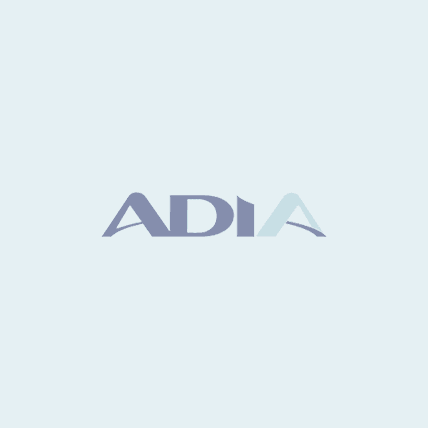The dental industry comprises businesses that range in size from small family entities through to local operations of large, multinational therapeutic product suppliers. They share common aspirations for the growth of their business, the creation of jobs and the financial sustainability of the dental industry. Naturally, they are bound by a universal commitment to the supply of quality dental products and services. To excel, these businesses will benefit from a robust advocacy program by ADIA on behalf of those members to achieve a considered balance between economic growth that maximises patient safety.
As the peak business organisation representing dental product manufacturers and suppliers, the ADIA is regularly engages with key political decision makers including Departmental staff and members of state and Federal Parliament. This has culminated in the formation of the Parliamentary Friends of the Dental Industry group, comprising Members of Parliament and Senators with an interest in the ongoing success of the dental industry for the good of all Australia.
ADIA's work at a parliamentary level maintains ADIA's status as a recognised source of sound advice and guidance and supports our advocacy for ongoing improvements to the business and political environment in which members conduct their business. ADIA is therefore able to be an effective advocate for the reform objectives set out in ADIA's policy statements.
&geometry(706x85))

)
)
)
)









